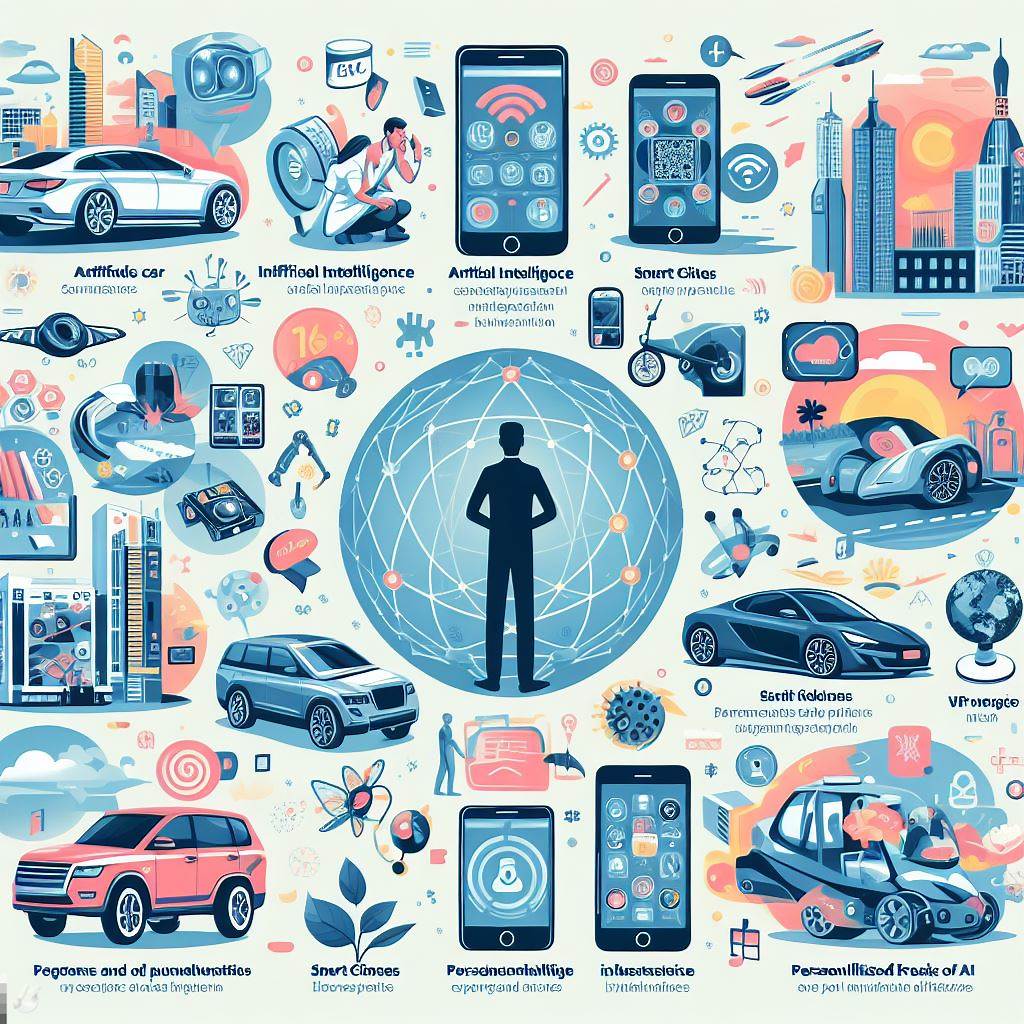
Artificial Intelligence (AI) is set to bring about significant transformations in the next decade, with researchers making bold predictions on its impact across various domains. Professors Morten Goodwin and Per-Arne Andersen provide insights into how AI is poised to change the world by 2029.
Major countries, including China, the United States, and India, are expected to engage in an arms race, developing advanced weapons driven by AI.
AI's role in making strategic decisions on the battlefield is anticipated to surpass human decision-making.
AI will become the standard for creating movies, music, books, and video games within five years.
Labor unions, like those in Hollywood, may have limited power to resist this AI-driven change.
Traditional lectures and exams will become outdated as AI shapes new ways of acquiring knowledge.
Exams may no longer exist, with AI outperforming humans in certain areas.
Politicians may turn to AI for guidance in crucial decision-making processes, replacing committees and conflicting expert opinions.
Routine tasks requiring human intervention will decrease, leading to more meaningful jobs.
Concerns arise about who benefits from AI replacing human workers—workers themselves or capital owners.
Traditional software development jobs, including coding, may disappear as AI allows programs to generate code.
The importance of purchasing competence will rise as understanding desired outcomes becomes crucial.
Nanorobots with AI capabilities may heal damaged muscles, tissues, or target tumors in the body.
Anti-aging with AI may gain prominence, uncovering the reasons behind aging.
AI, whether physical or virtual, is expected to play a crucial role in interplanetary exploration by 2029.
Elon Musk is highlighted as a leader in deploying AI for space exploration.
General AI, proficient in multiple tasks like humans, may not fully emerge by 2029, but unexpected breakthroughs could bring progress.
Digital assistants, whether in mobile phones or physical robots, are predicted to anticipate users' needs, offering proactive assistance.
Smart homes equipped with robot assistants may become a reality.
These predictions showcase the diverse and profound impacts AI is expected to have on society, from geopolitics to entertainment, education, healthcare, and beyond, in the coming decade.